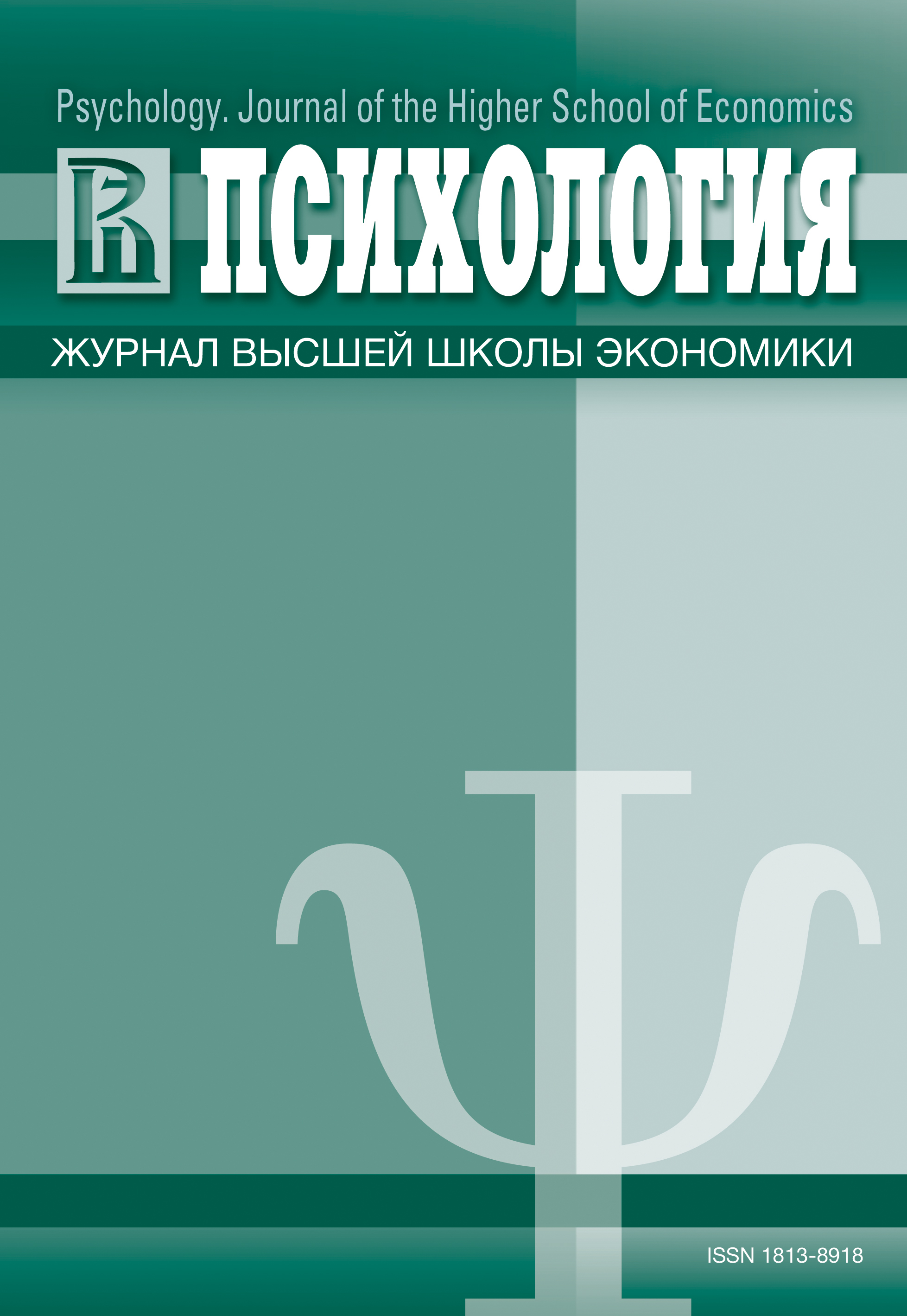Changes in Creativity Indices as a Result of Semantic Priming
Keywords:
creativity, semantic priming, originality, activation propagation theories, activation of behavioral stereotypes
Abstract
Traditionally creativity is conceived as a stable trait of personality or cognition that cannot be changed by induction in experimental settings. The authors present a short review of the main theoretical approaches. According to the data of some research the indexes of creativity are influenced by situational variables. In the study presented in this paper the attempt was made of goal-directing influence the mechanisms that generate original product or process. The semantic priming study conducted by the authors shows the aforementioned conception to be erroneous in relation to verbal creativity. For measuring indexes of creativity Guilford’s Alternate Uses with modified instruction was used. Before the main study a range of pilot studies (150 subjects) were conducted. In the main study 75 people took part: students and aspirants of humanitarian specialties of the Moscow universities. Priming with rare (as opposed to frequent) answers to the Guilford’s Alternate Uses led to statistically significant differences (F(2, 74) = 7.555, p = .001) in originality scores between the two groups of subjects with different priming type. Only originality of responses was affected, but not the frequency of primed categories. The influence of experimental conditions proved to be insignificant (F < 1). The structure of the acquired data don’t correspond either the theory of expansion of activation or the theories of creativity. Instead of semantic activation the activation of non-semantic categories takes place. Possible explanations refer to the general mechanisms of semantic memory organization and to the phenomenon of situational activation of stereotypes.Downloads
Download data is not yet available.
Published
2012-10-11
How to Cite
СпиридоновВ. Ф., & АбисаловаЕ. А. (2012). Changes in Creativity Indices as a Result of Semantic Priming. Psychology. Journal of the Higher School of Economics, 9(3), 122-130. https://doi.org/10.17323/1813-8918-2012-3-122-130
Issue
Section
Work in Progress





